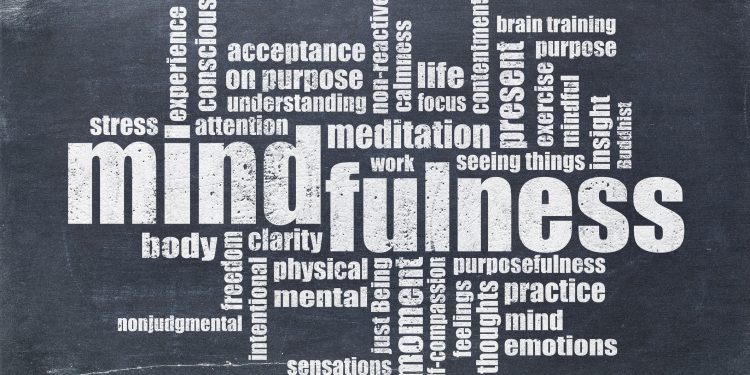Nuffield Health, the independent sector hospital and health provider, has launched a series of free ‘emotional wellbeing’ classes.
The move follows a YouGov poll, commissioned by Nuffield, which shows over half (52%) of people across the country feel that lockdown restrictions have had a negative impact on their mental health.
The classes being offered by Nuffield will feature alongside physical workout cases and family fitness content on its digital fitness and health platform Nuffield Health 24/7.
A spokesperson for Nuffield said its research suggests that the groups particularly impacted by lockdown are women (59%), those aged 25-34 (66%) and households with children (57%).
With the nation predominantly confined to their homes during lockdown 3.0, many people are experiencing “ongoing fear, uncertainty, isolation, and disruption” to their everyday lives which is taking a toll on their mental health, the spokesperson said.
He added: “Our new emotional wellbeing sessions aim to give people an easily accessible means to focus on their mental wellbeing as well as their physical wellbeing from their homes at this difficult time.”
The first series of classes include mindfulness, relaxation, and stress management in addition to muscle relaxation and deep breathing. The first two classes to go live are ‘Introduction to Mindfulness’ and ‘Calm Space’.
Further classes launching in the coming weeks include: how to integrate mindfulness into everyday activities; progressive muscle relaxation; deep breathing’ and mindful exercise.
Brendan Street, professional head of emotional wellbeing at Nuffield Health, said: “There is no health without mental health…and good mental health is so much more than the absence of mental ill health. During difficult times it is even more important to invest and our mental health. Our free online Emotional Wellbeing classes have been designed by clinicians, informed by evidence based psychological theories, as step by step way to enhance mental and physical fitness.”
Street said that while there are limits to what people can do due to the restrictions caused by COVID-19, but there is a lot they can do to adjust their mental response to these restrictions.
He said: “Techniques such as mindfulness can help you become more aware and accepting of your thoughts. Mindfulness also allows us to become more aware of the streams of thoughts and feelings that we experience, and rather than just accept them, notice how we can become entangled in that stream in unhelpful ways…and then, choose not to be. In times of uncertainty this is a really helpful skill.”






